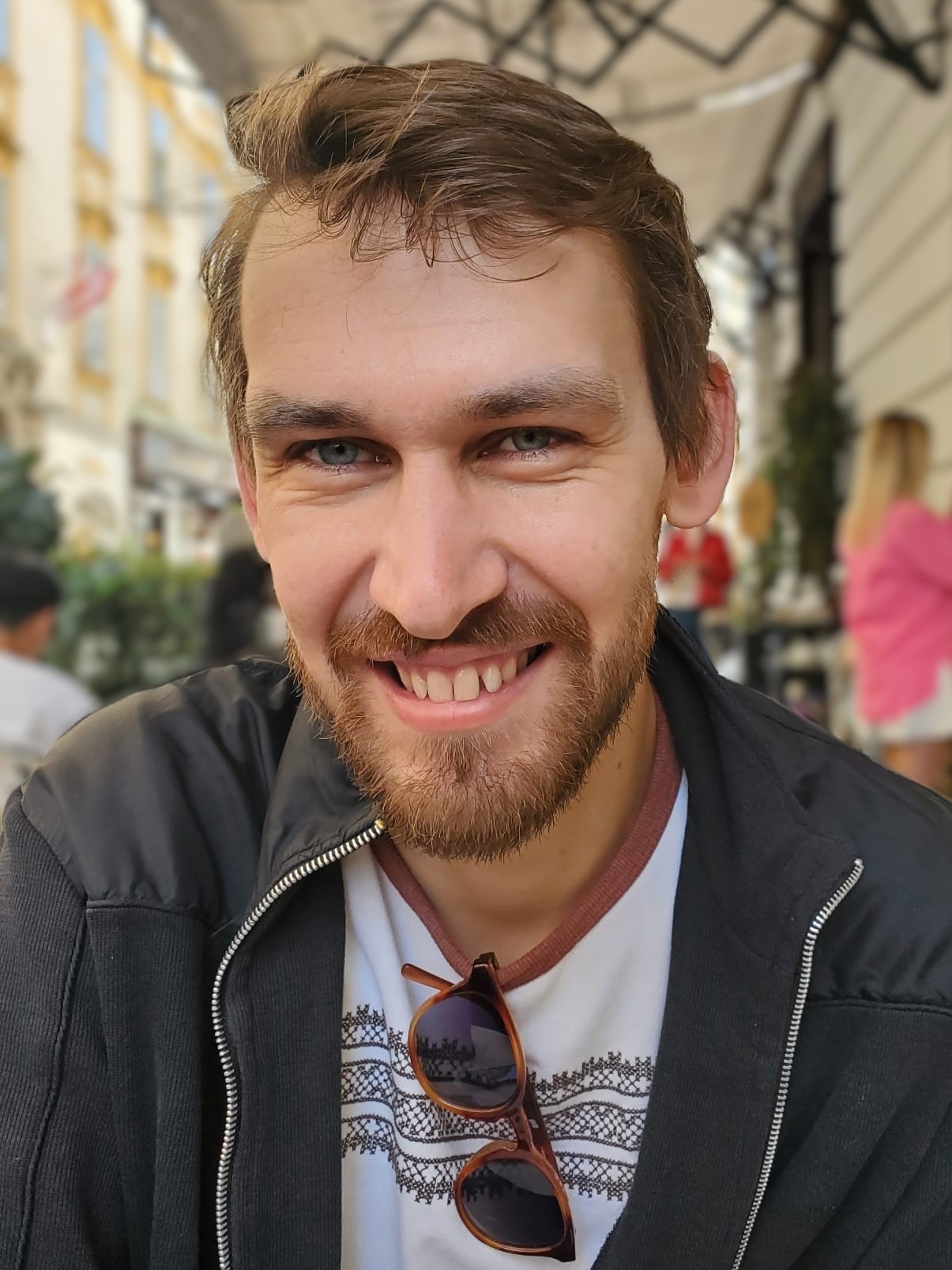


I am an assistant professor of computer sciences at the University of Wisconsin-Madison, where I study foundations and applications of machine learning. Most recently, I have been working on specialized foundation models and on incorporating AI tools into algorithm design and scientific computing.
My body of work includes fundamental theory for modern meta-learning (scalable methods that "learn-to-learn" using multiple learning tasks as data) and end-to-end guarantees for learning-augmented algorithms (algorithms that incorporate learned predictions about their instances to improve performance). These results are based on a set of theoretical tools that port the idea of surrogate upper bounds from supervised learning to learning algorithmic cost functions. In addition to providing natural measures of task-similarity, this approach often yields effective and practical methods, such as for personalized federated learning and scientific computing. I have also led the push to develop automated ML methods for diverse tasks and have worked on efficient deep learning, neural architecture search, and natural language processing.
Previously, I spent a year as a fellow at Princeton Language & Intelligence after completing a PhD in CS at CMU.
To get in touch, email me at khodak@wisc.edu. Please read my FAQ first if you are a prospective advisee or student.
Pre-Generating Multi-Difficulty PDE Data for Few-Shot Neural PDE Solvers. 2025.
Naman Choudhary*, Vedant Singh*, Ameet Talwalkar, Nicholas Matthew Boffi, Mikhail Khodak, Tanya Marwah.
[arXiv]
[code]
[data]
One-Shot Acceleration of Transient PDE Solvers via Online-Learned Preconditioners. 2025.
Mikhail Khodak, Min Ki Jung, Brian Wynne, Edmond Chow, Egemen Kolemen.
[arXiv]
[code]
Is Random Attention Sufficient for Sequence Modeling? Disentangling Trainable Components in the Transformer. 2025.
Yihe Dong, Lorenzo Noci, Mikhail Khodak, Mufan Li.
[arXiv]
[code]
Hovering over an image reveals a paper summary and retrospective.
Specialized Foundation Models Struggle to Beat Supervised Baselines. ICLR 2025.
Zongzhe Xu*, Ritvik Gupta*, Wenduo Cheng, Alexander Shen, Junhong Shen, Ameet Talwalkar, Mikhail Khodak.
[paper]
[arXiv]
[DASHA code]
[Auto-AR code]
Learning to Relax: Setting Solver Parameters Across a Sequence of Linear System Instances. ICLR 2024.
Mikhail Khodak, Edmond Chow, Maria-Florina Balcan, Ameet Talwalkar.
[paper]
[arXiv]
[code]
[poster]
Cross-Modal Fine-Tuning: Align then Refine. ICML 2023.
Junhong Shen, Liam Li, Lucio M. Dery, Corey Staten, Mikhail Khodak, Graham Neubig, Ameet Talwalkar.
[paper]
[arXiv]
[code]
[slides]
Learning Predictions for Algorithms with Predictions. NeurIPS 2022.
Mikhail Khodak, Maria-Florina Balcan, Ameet Talwalkar, Sergei Vassilvitskii.
[paper]
[arXiv]
[poster]
[talk]
Federated Hyperparameter Tuning: Challenges, Baselines, and Connections to Weight-Sharing. NeurIPS 2021.
Mikhail Khodak, Renbo Tu, Tian Li, Liam Li, Maria-Florina Balcan, Virginia Smith, Ameet Talwalkar.
[paper]
[arXiv]
[code]
[poster]
[slides]
[talk]
Rethinking Neural Operations for Diverse Tasks. NeurIPS 2021.
Nicholas Roberts*, Mikhail Khodak*, Tri Dao, Liam Li, Christopher Ré, Ameet Talwalkar.
[paper]
[arXiv]
[code]
[slides]
[talk]
[Python package]
Adaptive Gradient-Based Meta-Learning Methods. NeurIPS 2019.
Mikhail Khodak, Maria-Florina Balcan, Ameet Talwalkar.
[paper]
[arXiv]
[poster]
[slides]
[code]
[blog]
[talk]
A Theoretical Analysis of Contrastive Unsupervised Representation Learning. ICML 2019.
Sanjeev Arora, Hrishikesh Khandeparkar, Mikhail Khodak, Orestis Plevrakis, Nikunj Saunshi.
[paper]
[arXiv]
[poster]
[slides]
[data]
[blog]
[talk]
A La Carte Embedding: Cheap but Effective Induction of Semantic Feature Vectors. ACL 2018.
Mikhail Khodak*, Nikunj Saunshi*, Yingyu Liang, Tengyu Ma, Brandon Stewart, Sanjeev Arora.
[paper]
[arXiv]
[slides]
[code]
[data]
[blog]
[talk]
[R package]